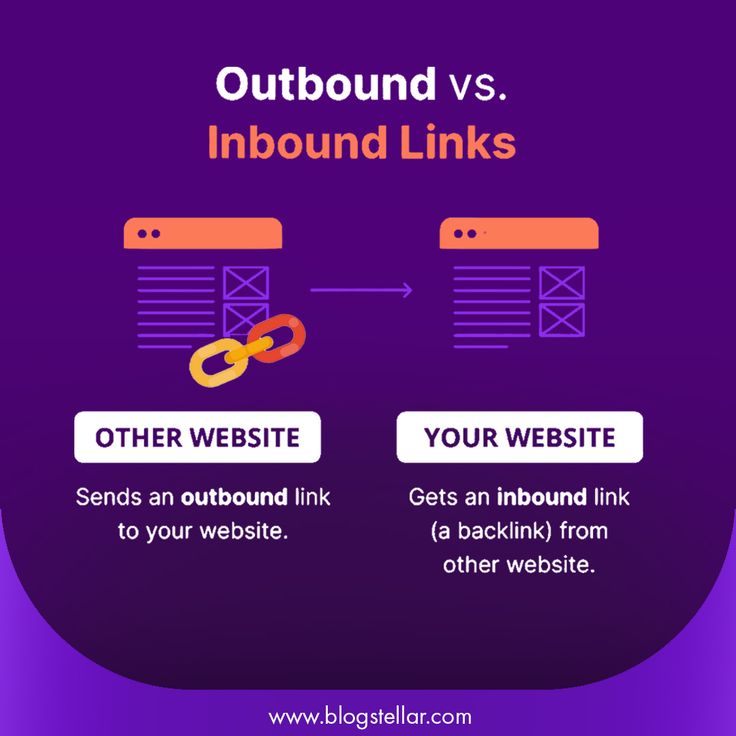with outbound link in the world of digital marketing and search engine optimization (SEO), outbound links play a crucial role in enhancing content credibility, improving user experience, and contributing to website rankings. But what exactly are outbound links, and why are they important? In this guide, we will explore the definition of outbound links, their benefits, best practices, and how they impact SEO.

What is an Outbound Link?
An outbound link, also known as an external link, is a hyperlink that directs users from your website to another website. Unlike internal links, which connect different pages within the same domain, outbound links lead visitors to external sources. These links are commonly used to reference authoritative sources, provide additional information, or support claims made in content.
For example, if a blog post on digital marketing links to a reputable SEO research website, that link is considered an outbound link.
Types of Outbound Links
Outbound links can be categorized into two main types:
- Dofollow Links – These links pass link equity (SEO value) to the external website, signaling search engines to consider the linked site as a credible source.
- Nofollow Links – These links contain a
rel="nofollow"attribute, instructing search engines not to pass link equity. This is commonly used when linking to less authoritative sources or preventing manipulation of rankings.
Benefits of Outbound Links
- Enhances Content Credibility – Linking to authoritative sources adds trustworthiness to your content, making it more valuable to readers.
- Improves SEO – Search engines recognize outbound links as a sign of well-researched content, positively influencing rankings.
- Builds Relationships with Other Websites – Linking to high-quality sources can foster connections with industry leaders and increase the likelihood of backlinks.
- Provides Additional Value to Users – Directing users to relevant resources enhances their experience and keeps them engaged.
- Encourages Search Engines to Crawl Your Site – Well-structured outbound links contribute to better indexing and improved visibility in search results.
Best Practices for Using Outbound Links
To maximize the benefits of outbound links, follow these best practices:
- Link to Authoritative Sources – Choose credible websites with high domain authority to enhance trustworthiness.
- Use Relevant Anchor Text – Ensure that the linked text (anchor text) accurately describes the content of the linked page.
- Maintain a Balance Between Internal and External Links – While outbound links add value, an excessive number can divert users away from your site.
- Open External Links in a New Tab – This prevents users from leaving your website completely, improving engagement and session duration.
- Monitor and Update Links Regularly – Check for broken or outdated links to maintain a seamless user experience.
- Use Nofollow for Sponsored or Untrusted Links – When linking to paid content or non-authoritative sources, use
rel="nofollow"to prevent passing SEO value.
How Outbound Links Impact SEO
- Positive Impact: When used correctly, outbound links enhance content relevance, improve credibility, and increase engagement, all of which contribute to better rankings.
- Negative Impact: Excessive or irrelevant outbound links, linking to low-quality sites, or using too many dofollow links without balance can harm SEO.
Outbound Links vs. Inbound Links vs. Internal Links
Understanding the difference between these types of links is essential for a strong SEO strategy:
- Outbound Links – Links that direct users from your website to another external site.
- Inbound Links (Backlinks) – Links from other websites pointing to your website, which help improve domain authority.
- Internal Links – Links that connect pages within your website, helping with site navigation and SEO.
Conclusion
Outbound links are a fundamental aspect of SEO and digital marketing, contributing to content credibility, user experience, and search engine rankings. When used strategically, they can enhance your website’s authority and provide additional value to your audience. By following best practices, monitoring your links, and ensuring relevance, you can effectively leverage outbound links to strengthen your online presence.
Understanding and implementing a balanced outbound linking strategy will help you optimize your content and stay ahead in the competitive digital landscape.




